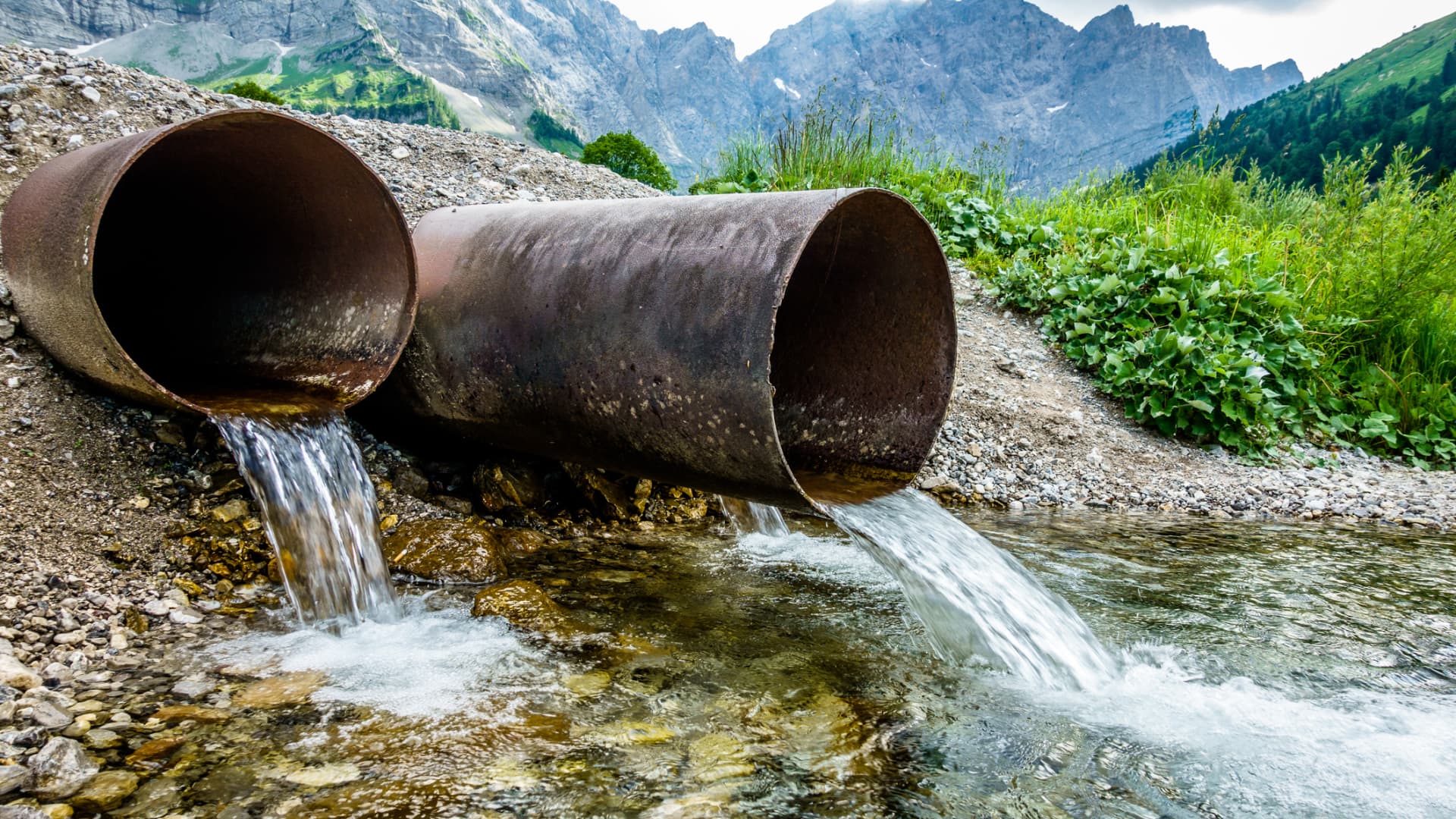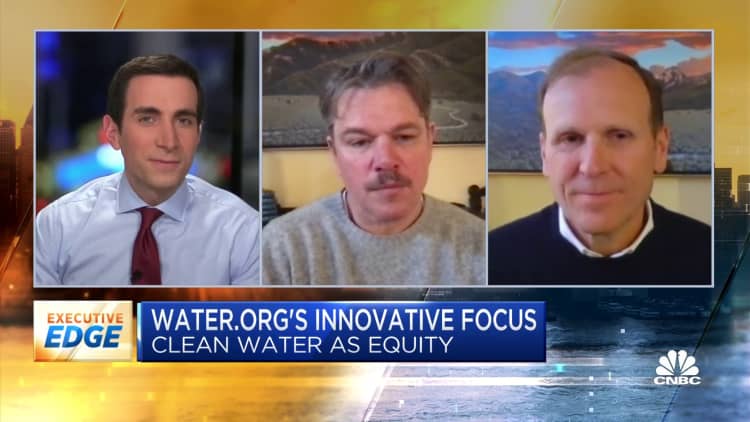
water tubes at a river
Foottoo | Istock | Getty Images
The Senate has approved a resolution to overturn a Biden administration rule that would expand federal protections for the country’s waterways, a measure Republicans have criticized as overbearing and burdensome to business.
President Joe Biden has promised to veto the legislation blocking the “waters of the United States” rule, which restores protections for hundreds of thousands of rivers, lakes, streams, wetlands and other waterways.
The Senate passed the measure on Wednesday under the Congressional Review Act, which allows Congress to overturn recent executive branch regulations with a simple majority vote. The Senate voted in favor 53 to 43 to give final approval to the measure.
Four Democratic senators — Catherine Cortez Masto and Jacky Rosen of Nevada, Jon Tester of Montana and Joe Manchin of West Virginia — along with Sen. Kyrsten Sinema, an Arizona independent, joined Republicans to vote in favor of the resolution.
The vote comes after the Biden administration last year issued a rule that more broadly defined which types of waterways in the U.S. are eligible for federal water-quality protections under the 1972 Clean Water Act. It also repealed a Trump-era rule that attempted to dismantle protections. The White House said the revised rule is based on definitions that were in place before 2015, when the Obama administration sought to expand federal protections.
The decision also comes after another recent Republican vote to block the Biden administration’s policy to allow retirement account managers to invest on the basis of environmental, social and governance factors. Biden issued his first veto of his presidency on the measure last week.
The Biden administration and environmental groups have argued that efforts to loosen federal water protections would significantly harm sources of safe drinking water in the U.S.
Republican officials, along with farming groups, oil and gas producers and real estate developers, have argued regulations to protect waterways are burdensome to business and agriculture interests.
Manchin, in a statement on Wednesday, said the administration’s rule was “another example of dangerous federal overreach” and that changes would place unnecessary burdens on small businesses, manufacturers, farmers and local communities.
The Biden administration argued that rolling back the rule would make federal regulations unclear for businesses and farmers and that increased uncertainty would threaten economic growth for agriculture and local economies.
“Farmers would be left wondering whether artificially irrigated areas remain exempt or not. Construction crews would be left wondering whether their waterfilled gravel pits remain exempt or not,” the White House said in a statement this month.
“The final rule will secure substantial and valuable benefits each year in critical flood protections, enhanced water quality, and the treasured recreational activities — fishing, swimming, boating, and more — that fill the lives and livelihoods of tens of millions of U.S. households,” the White House said.
However, a federal judge this month paused the Biden administration’s waterway protections in Texas and Idaho, marking a victory for Republican challengers.
A Supreme Court ruling set for this year could also challenge the EPA’s ability to protect wetlands and other waterways. The case, Sackett v. Environmental Protection Agency, challenges the government’s determination that a wetland on private land in Idaho is protected under the Clean Water Act.

